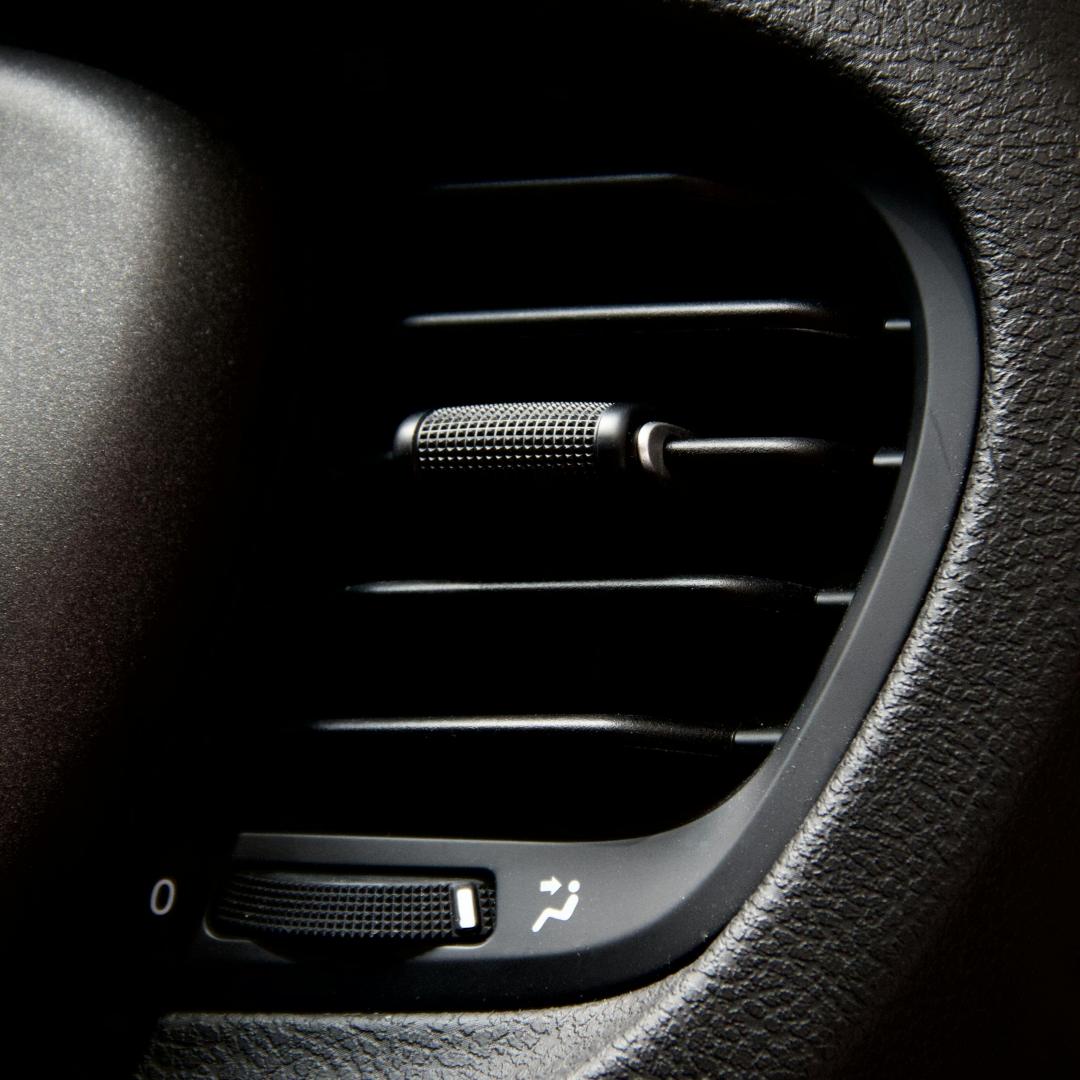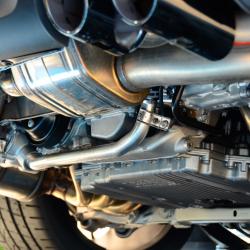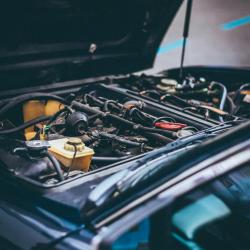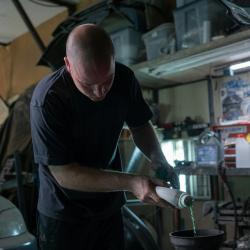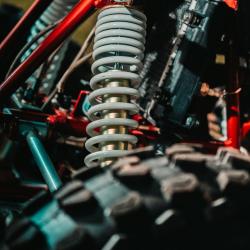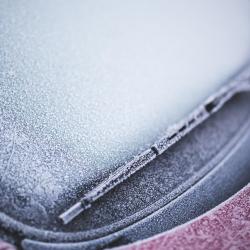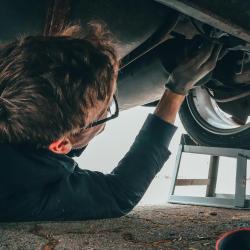Understanding and Maintaining Your Car’s Cooling System
A healthy car engine is an epitome of seamless functionality. Behind this reliable operation is the often-overlooked cooling system, a crucial component designed to maintain optimal engine temperature. Without a well-functioning cooling system, an engine risks overheating, leading to costly repairs or irreversible damage. This article delves into the fundamentals of your car's cooling system, how to maintain it, and essential tips for ensuring its longevity.
The Role of the Car’s Cooling System
The primary function of a car's cooling system is to manage the engine temperature. During operation, car engines generate an immense amount of heat. If this heat is not effectively dissipated, it can result in overheating, causing engine parts to melt, warp, or crack. The cooling system mitigates this by circulating coolant—a special fluid designed to absorb heat—through channels in the engine. The heated coolant is then passed through the radiator, where the heat is expelled, thus maintaining the engine at a safe operating temperature.
Components of the Cooling System
-
Radiator: The core component that dissipates heat from the coolant. It utilizes ambient air, sometimes assisted by fans, to cool the heated liquid.
-
Water Pump: This ensures the continuous flow of coolant throughout the engine and radiator. Its efficiency directly impacts the system’s performance.
-
Thermostat: A temperature-sensitive valve that regulates the flow of coolant based on the engine temperature, ensuring that the engine warms up quickly and then maintains the optimal temperature.
-
Coolant/Antifreeze: A specialized fluid that prevents freezing in cold temperatures and boiling over in hot conditions. It also contains additives to prevent rust and corrosion within the engine.
-
Hoses and Belts: These connect the various components of the cooling system and facilitate the flow of coolant. They must be flexible yet robust to handle high temperatures and pressure.
Maintaining Your Car’s Cooling System
Regular Inspections: Regularly inspect the cooling system for any visible wear and tear. Look for cracks, leaks, or loose connections in the hoses and belts. Any damage should be addressed immediately to prevent a complete failure.
Coolant Levels and Quality: Check your coolant levels at least once a month. Low coolant levels can lead to overheating. Also, ensure that the coolant is clean and free of debris. Old or contaminated coolant loses its effectiveness, so it should be flushed and replaced as per the manufacturer’s recommendations.
Radiator Maintenance: Ensure that the radiator cap is secure and functioning correctly, as it maintains the correct pressure within the system. Periodically check the radiator’s exterior for blockages from dirt or debris and clean as needed to maintain unobstructed airflow.
Thermostat Checks: A faulty thermostat can cause an engine to overheat quickly. It’s advisable to test the thermostat’s functionality, especially if there are signs of overheating.
Professional Servicing: While DIY checks and maintenance are beneficial, having your cooling system professionally inspected at regular intervals adds an extra layer of security. Professionals can perform pressure tests, evaluate the condition of the water pump, and provide comprehensive system diagnostics.
Tips for Ensuring Longevity
-
Use the Correct Coolant: Different vehicles require different types of coolant. Always refer to the manufacturer’s specifications when selecting coolant for your car.
-
Pay Attention to Warning Signs: Overheating, visible leaks, and a sweet smell from the engine are clear indicators of cooling system issues. Address these immediately to avoid severe damage.
-
Avoid Short Drives: Short trips don’t allow the engine to reach optimal temperature, which can lead to moisture buildup and corrosion over time.
-
Seasonal Checks: Extreme temperatures impact the cooling system’s efficiency. Conduct checks before winter and summer for preparedness against temperature extremes.
In conclusion, a well-maintained cooling system is crucial for the longevity and performance of your vehicle. By understanding its components and adhering to regular maintenance practices, you can ensure your engine runs smoothly and efficiently, sparing yourself from potential mechanical woes and expenses down the road.
